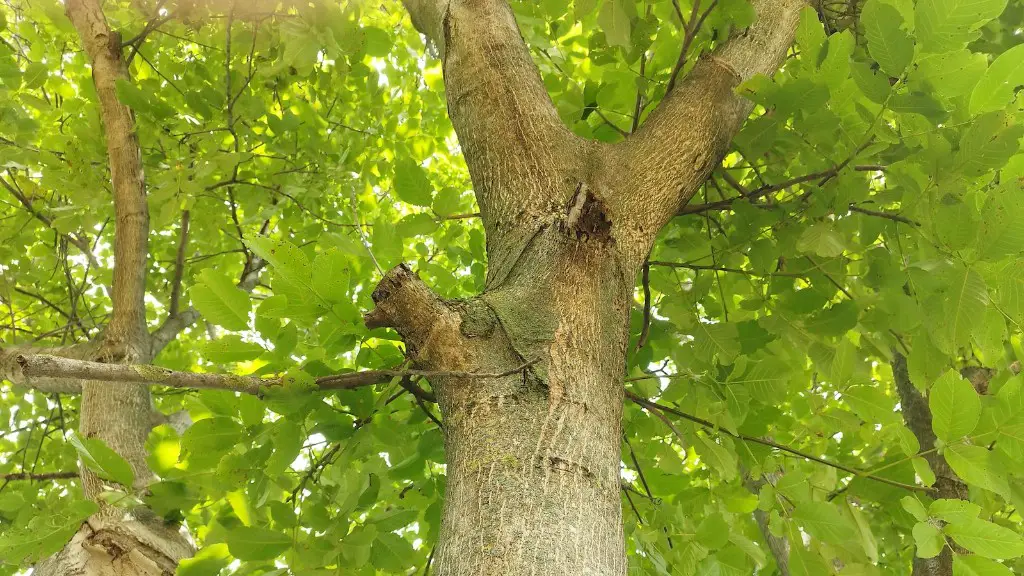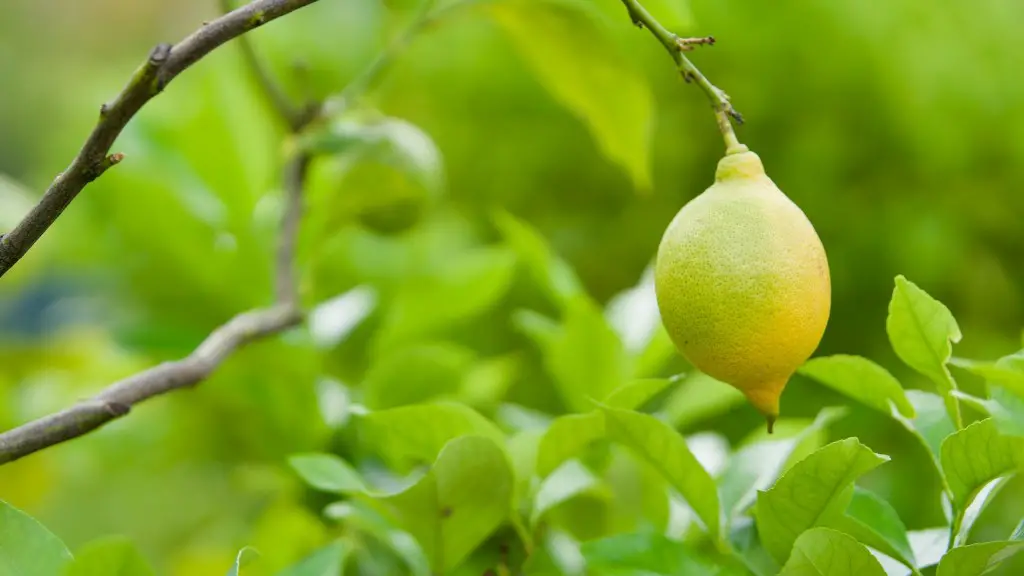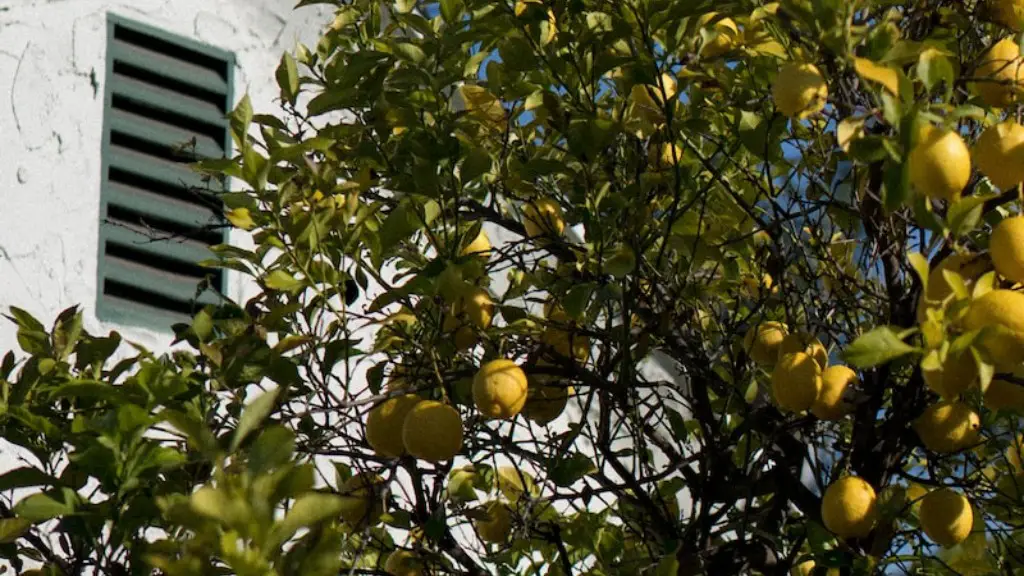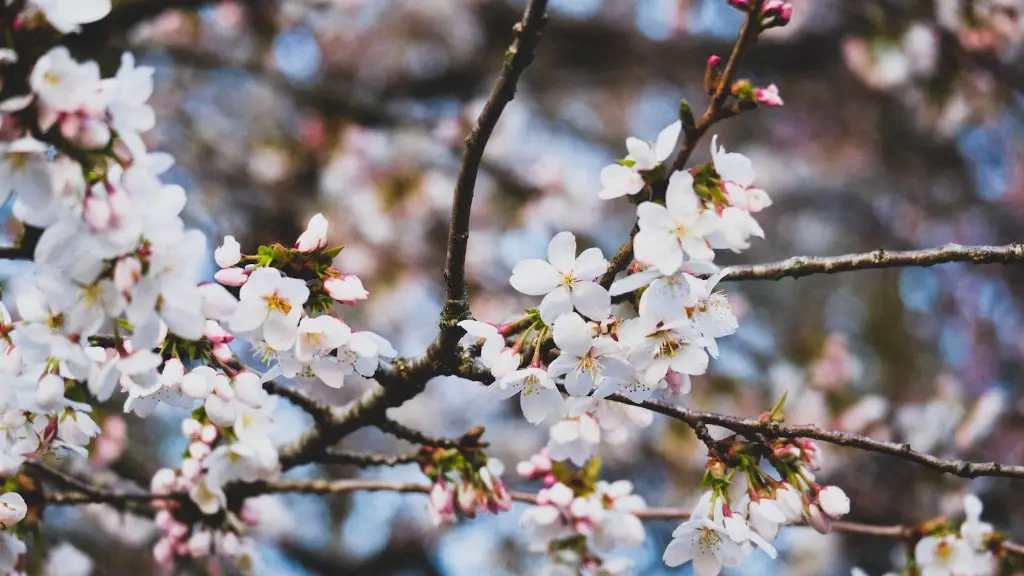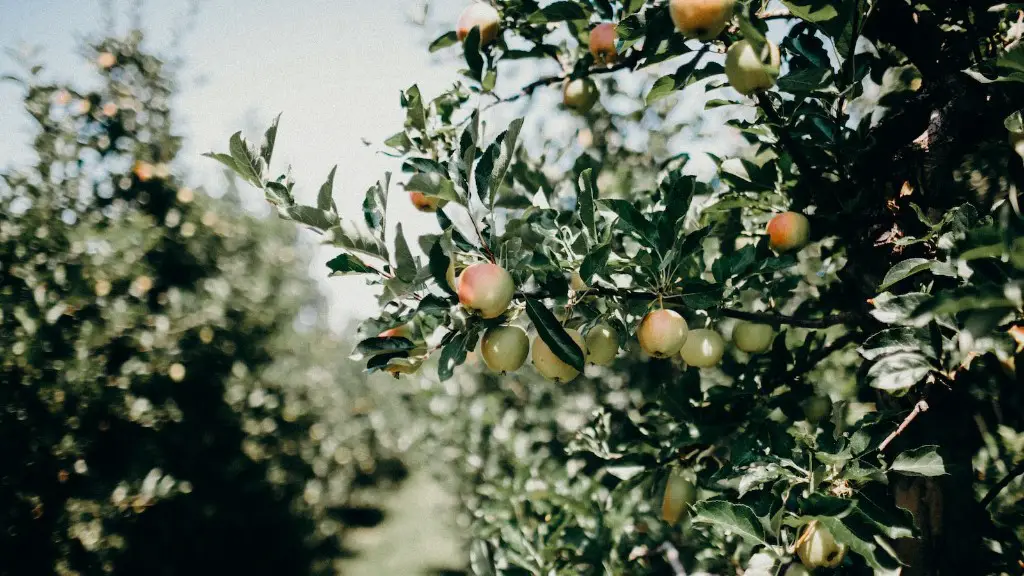Lemon trees are a hardy citrus fruit crop, popular in many home gardens. However, a common problem gardeners encounter is why their lemon tree will not produce lemons. This article examines some common causes and solutions to this issue.
One of the most frequent causes of a lack of lemons on a lemon tree is insufficient sunlight. Lemons, like all other citrus fruits, require plenty of sunlight to produce flowers, and thus, fruit. It is important to locate your lemon tree in an area that gets at least six to eight hours of full sun per day, ensuring that the tree has adequate light.
Another potential cause of a citrus tree failing to produce fruit is lacking nutrients. All plants require soil rich in organic matter, with plenty of nutrients. A citrus tree needs extra attention and fertilization to ensure it produces enough potassium, nitrogen, and phosphorus. It is also essential to use a fertilizer that is formulated especially for citrus trees, as normal fertilizer will not provide adequate nutrition for a lemon tree.
Inadequate watering is another common reason why a lemon tree will not produce lemons. A lemon tree requires regular watering in order to produce fruit. It is best to check the soil near the tree to ensure it is well-watered, but not soggy. Watering a lemon tree during the dry months of the year is particularly important.
It is also important that lemon trees are pruned to ensure they are receiving adequate sunlight and air circulation. The branches should be properly pruned to avoid overlapping and cross-branching. It is also a good idea to thin the canopy occasionally to allow air and light to reach all the branches. Pruning should be performed by a professional.
Finally, another cause of a lemon tree not producing is too much shade. Even though they are considered a shade tolerant plant, if the tree is too shaded, it can prevent the tree from getting enough sunlight and thus, it will not produce fruit. Placing the tree in an area where it receives plenty of direct sunlight can help promote fruit production.
In conclusion, there are several possible explanations for why a lemon tree will not produce lemons. However, with a little care and attention, such as providing adequate sunlight, nutrition, watering, and pruning, it is possible to make sure a lemon tree will produce a plentiful harvest of lemons.
Incorrect Planting
One of the reasons why a lemon tree might not be producing lemons is due to incorrect planting. Before planting the tree it is important to determine the typesoil and type of location that is needed for the tree to flourish. Ideally the soil should be acidic and the location sunny and protected from strong winds. Inadequate soil drainage may also impede lemons from flourishing.
Incorrect spacing when planting a tree can also be a cause of a lack of lemon production. If the tree is planted too close to another tree it can prevent adequate sunlight from reaching the tree. When counting the spacing between trees, it is important to note that a lemon tree may grow to approximately four meters in height and spread three meters.
When planting a lemon tree it is also important to make sure that the tree is not planted too deep. If the treels planted too deeply the tree may not produce lemons as the roots will be deprived of oxygen in the deeper soil. The one way to check this is to remove the soil and check the roots, if they are buried in the soil deeper than the root ball, it is necessary to remove additional soil or raise the tree.
Finally, it is important not to transplant the tree during hot weather, as the shock of being transplanted into a new environment can inhibit production. During the hot summer months, it is best to wait until the weather cools before transplanting a lemon tree.
Incorrect Pollination
Pollination is essential for a citrus tree to produce fruit and if not enough pollination occurs, it can lead to a lack of lemons. Flowers, in particular lemon flowers, are not self-pollinating and must be pollinated by insects, such as bees, in order to produce fruit. If there is a lack of pollen, this will limit pollination and thus, a fruit harvest.
Citrus trees also require cross-pollination, which means they must have other citrus trees nearby in order to produce fruit. Without nearby trees to cross-pollinate each other, the trees may struggle to produce any fruit.
If cross-pollination is not possible, it is a good idea to hand-pollinate lemon flowers. This involves taking a soft brush, such as a paintbrush, and gently brushing the pollen from one flower to another. This should be done in the morning when the flowers are in full bloom.
It is also important to protect the lemon tree from pests which may interfere with pollination. Insecticides should be used to ward off pests and protect the lemon tree from any unwanted visitors. Pruning the branches in late winter also helps to prevent bud moth activity and other unwanted pests on the tree.
Damage to Young Trees
Damage to a young lemon tree can also impede its ability to produce fruit. Young lemon trees are fragile and easily damaged, which can disrupt their growth, and thus, the ability to produce lemons. Make sure to protect a young lemon tree during winter and cover it to avoid any frost damage.
It is also important to protect a young tree from wind damage. If the tree is planted too close to a structure or in an area that is subject to strong winds it can cause damage to the tree and prevent it from producing lemons. Planting a young lemon tree in a sheltered spot that is out of the wind and providing it with staking or other protective measures can help protect it from wind damage.
Deer, rabbits, and other animals can also be a problem for young trees. They can cause damage to the trunk and branches, which can prevent the tree from producing fruit. Fencing or using other deterrents can help prevent animals from eating or damaging the tree.
Finally, it is important to keep an eye out for fungus and other fungal diseases that may damage the tree. Such diseases can be treated by using fungicides. It is best to consult with a local agricultural extension office for advice on the best type of fungicides and other treatments to prevent these diseases.
Poor Tree Health
A lemon tree which is in poor health or has frost damage may not be able to produce lemons. Poor tree health or frost damage can damage the branches and flowers, leading to a lack of fruit production. In some cases, a lemon tree may need to be replaced with a new tree if it is in poor health or unable to produce fruit.
It is also important to remove any weeds, grass, or vines which can compete with the lemon tree for water and nutrients. Such vegetation can inhibit a lemon tree’s ability to produce fruit. It is important to keep the area surrounding the tree free from weeds, grass, and vines to promote healthy lemon tree growth.
Another important factor to consider is the age of the lemon tree; if the tree is too old it is less likely to produce fruit. If a lemon tree is more than six years old or is overgrown it is best to prune it to encourage new growth and fruit production. Tree pruning should be done by a professional.
To conclude, a lemon tree may not produce lemons for a variety of reasons ranging from incorrect planting and pollination, to damage to young trees, to poor tree health. With the proper care and attention, it is possible to promote healthy lemon tree growth and make sure your lemon tree produces a plentiful harvest of lemons.

